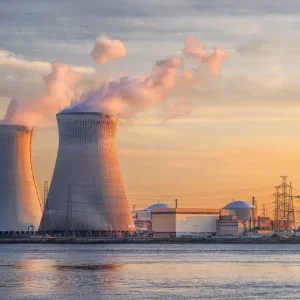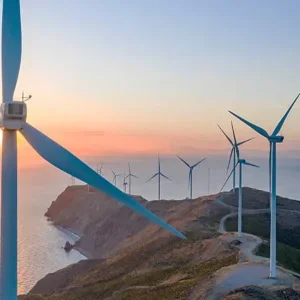
The geographical location of the United Arab Emirates (UAE) and its industry expertise makes it the right place for catering to the global energy market and building a stronger “spirit of partnership”, according to Sultan Al Jaber.
The CEO of the state-owned Abu Dhabi National Oil Company (Adnoc) believes as the world’s appetite for electricity grows, collaboration between the public and private sectors will be key.
He argues his country is the right place to make this happen and stronger connections between net importers and exporters will also be critical to the worldwide power value chain.
Speaking at the 24th World Energy Congress (WEC) in Abu Dhabi, he said: “Meeting the world’s energy needs responsibly and economically will require a renewed spirit of partnership.
“Given our location, the UAE is well-positioned to cater for the new frontiers of market growth – we stand ready to forge strategic, value-add commercial partnerships with governments, industry leaders and innovators across the entire value chain of the energy sector.
“We produce among the least carbon-intensive barrels in the world, we lead the industry with the lowest methane intensity and we are investing in technology that captures significant amounts of carbon dioxide from industrial sources.”
Partnership key to global energy ecosystem
Adnoc recently signed a deal with Singapore’s sovereign wealth fund, GIC, for $600m, in which it will sell a 6% stake in ADNOC OIL Pipelines, a recently constructed partnership.
Other members include BlackRock, KKR and the Abu Dhabi Retirement Pensions and Benefits Fund.
Adnoc’s CEO argues it is precisely these kinds of collaborations that will be key to solving the current and future demands of the energy industry.
“This means partnership with new sets of investors who value long-term, sustainable returns, and energy companies where best practices are shared, technology is leveraged and capital efficiency is maximised and achieved.
“There will also need to be a partnership between consuming and producing nations that recognises the shift in demand from west to east.






